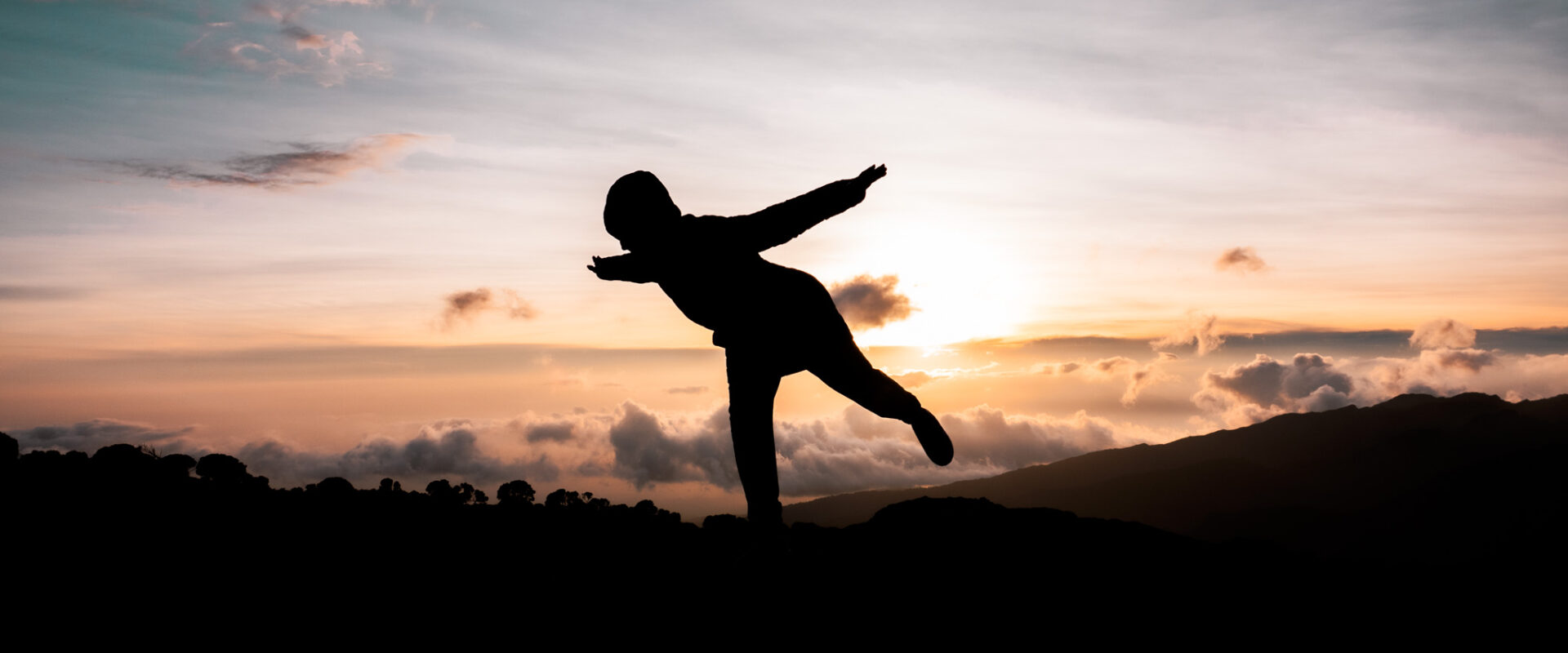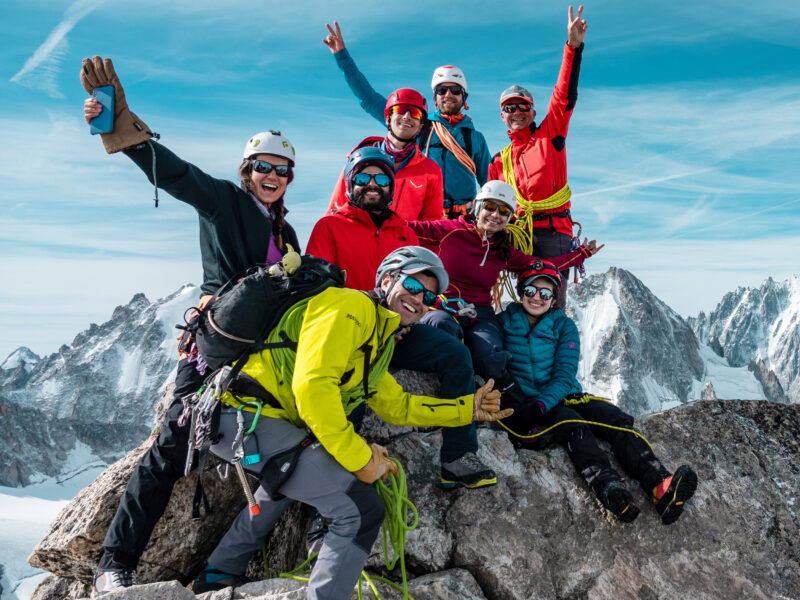BY Rami Rasamny | January 18 2024
Is Kilimanjaro Hard to Climb? Understanding the Challenge

Embarking on the journey to climb Kilimanjaro is a life-changing experience, one that pushes individuals to their limits and reveals an undiscovered resilience within. To answer the question on everyone’s mind – yes, Kilimanjaro is challenging, but the difficulty is not insurmountable.
The challenge lies in the profound impact Kilimanjaro has on participants, pushing them physically, mentally, and even emotionally. It serves as a mirror reflecting an unexplored side of oneself, a testament to the transformative power of such experiences.
Contrary to common misconceptions, Kilimanjaro does not require technical climbing skills. It’s essentially a long walk, a marathon of sorts, demanding a sustained commitment that can be draining over time. Before delving into physical preparation, it’s crucial to establish a personal “why” – a compelling reason to undertake this extraordinary adventure.
Preparing for Kilimanjaro: A Holistic Approach
To conquer the challenge of Kilimanjaro, a holistic preparation approach is key. Here’s a recommended plan to build both physical abilities and the confidence needed to face this adventure head-on:
1. Establish Your “Why”: Clearly define your motivation for undertaking the Kilimanjaro climb. Having a compelling reason will serve as a powerful driving force throughout the journey.
2. Hiking Endurance: Focus on developing hiking endurance, as Kilimanjaro involves steep ascents and long descents with light backpacks not exceeding 5 kilograms.
3. Aerobic Fitness: Incorporate regular running, hiking, stair climbing, or biking into your routine to enhance cardiovascular endurance.
4. Strength Training: Build overall strength with exercises like squats, lunges, deadlifts, and core workouts. Strengthening your legs is particularly important for tackling the varied terrain.
5. Flexibility and Mobility: Prevent injuries and enhance agility by incorporating stretching and yoga exercises into your routine.
6. Interval Training: Boost endurance and agility through high-intensity interval training (HIIT). This dynamic approach prepares the body for the diverse challenges of Kilimanjaro.
7. Dedicated Training Days: Allocate at least 2 to 3 days per week specifically for Kilimanjaro-focused training. Consistency is key to building the required stamina and strength.
In summary, while Kilimanjaro presents a formidable challenge, the right mindset and preparation can turn it into an achievable and transformative adventure. By understanding the nature of the journey and following a well-rounded training plan, participants can not only conquer Kilimanjaro but also gain a deeper understanding of their own capabilities.














